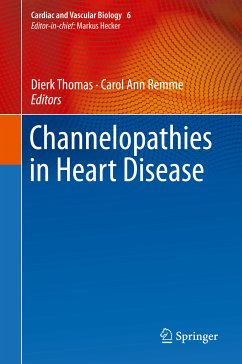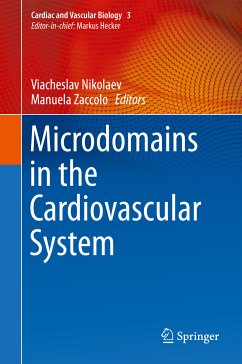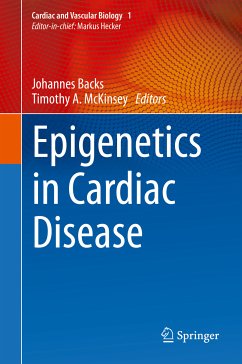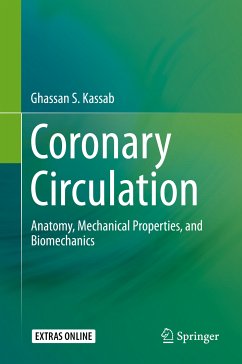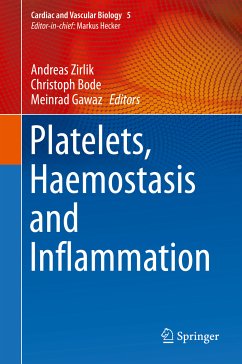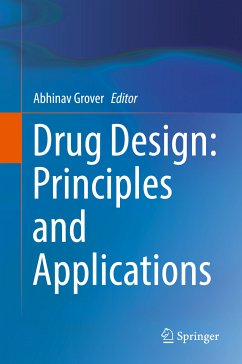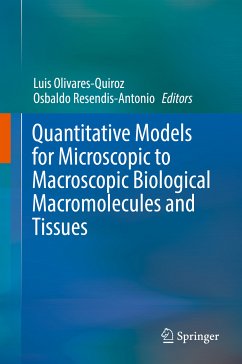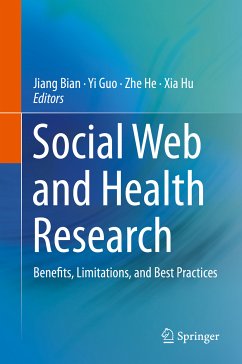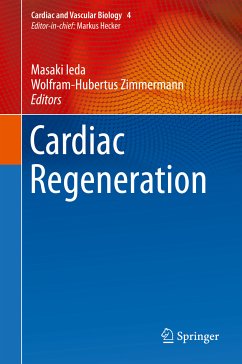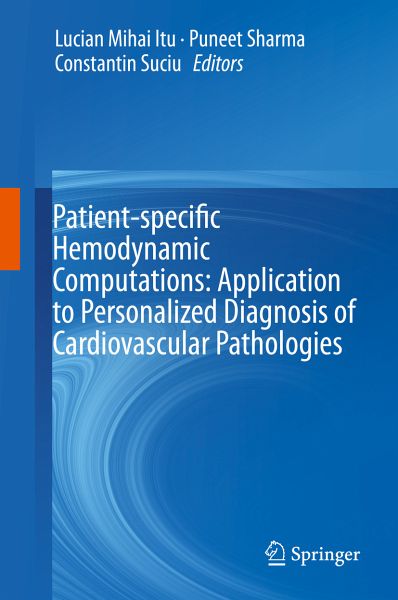
Patient-specific Hemodynamic Computations: Application to Personalized Diagnosis of Cardiovascular Pathologies (eBook, PDF)

PAYBACK Punkte
56 °P sammeln!
Hemodynamic computations represent a state-of-the-art approach for patient-specific assessment of cardiovascular pathologies. The book presents the development of reduced-order multiscale hemodynamic models for coronary artery disease, aortic coarctation and whole body circulation, which can be applied in routine clinical settings for personalized diagnosis. Specific parameter estimation frameworks are introduced for calibrating the parameters of the models and high performance computing solutions are employed to reduce their execution time. The personalized computational models are validated ...
Hemodynamic computations represent a state-of-the-art approach for patient-specific assessment of cardiovascular pathologies. The book presents the development of reduced-order multiscale hemodynamic models for coronary artery disease, aortic coarctation and whole body circulation, which can be applied in routine clinical settings for personalized diagnosis. Specific parameter estimation frameworks are introduced for calibrating the parameters of the models and high performance computing solutions are employed to reduce their execution time. The personalized computational models are validated against patient-specific measurements.
The book is written for scientists in the field of biomedical engineering focusing on the cardiovascular system, as well as for research-oriented physicians in cardiology and industrial players in the field of healthcare technologies.
The book is written for scientists in the field of biomedical engineering focusing on the cardiovascular system, as well as for research-oriented physicians in cardiology and industrial players in the field of healthcare technologies.
Dieser Download kann aus rechtlichen Gründen nur mit Rechnungsadresse in A, B, BG, CY, CZ, D, DK, EW, E, FIN, F, GR, HR, H, IRL, I, LT, L, LR, M, NL, PL, P, R, S, SLO, SK ausgeliefert werden.



